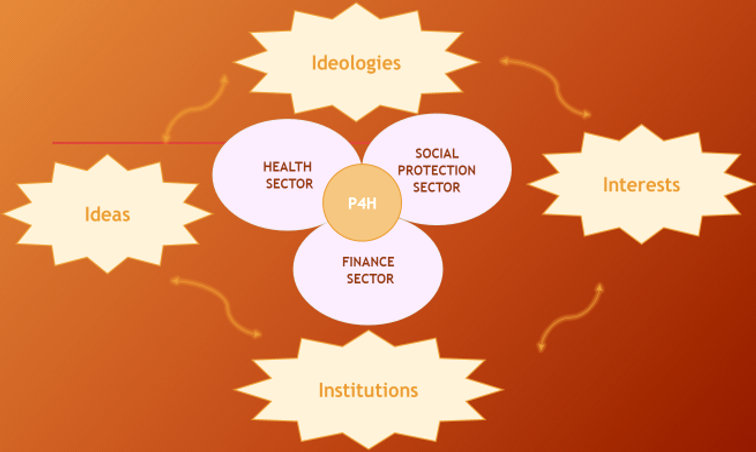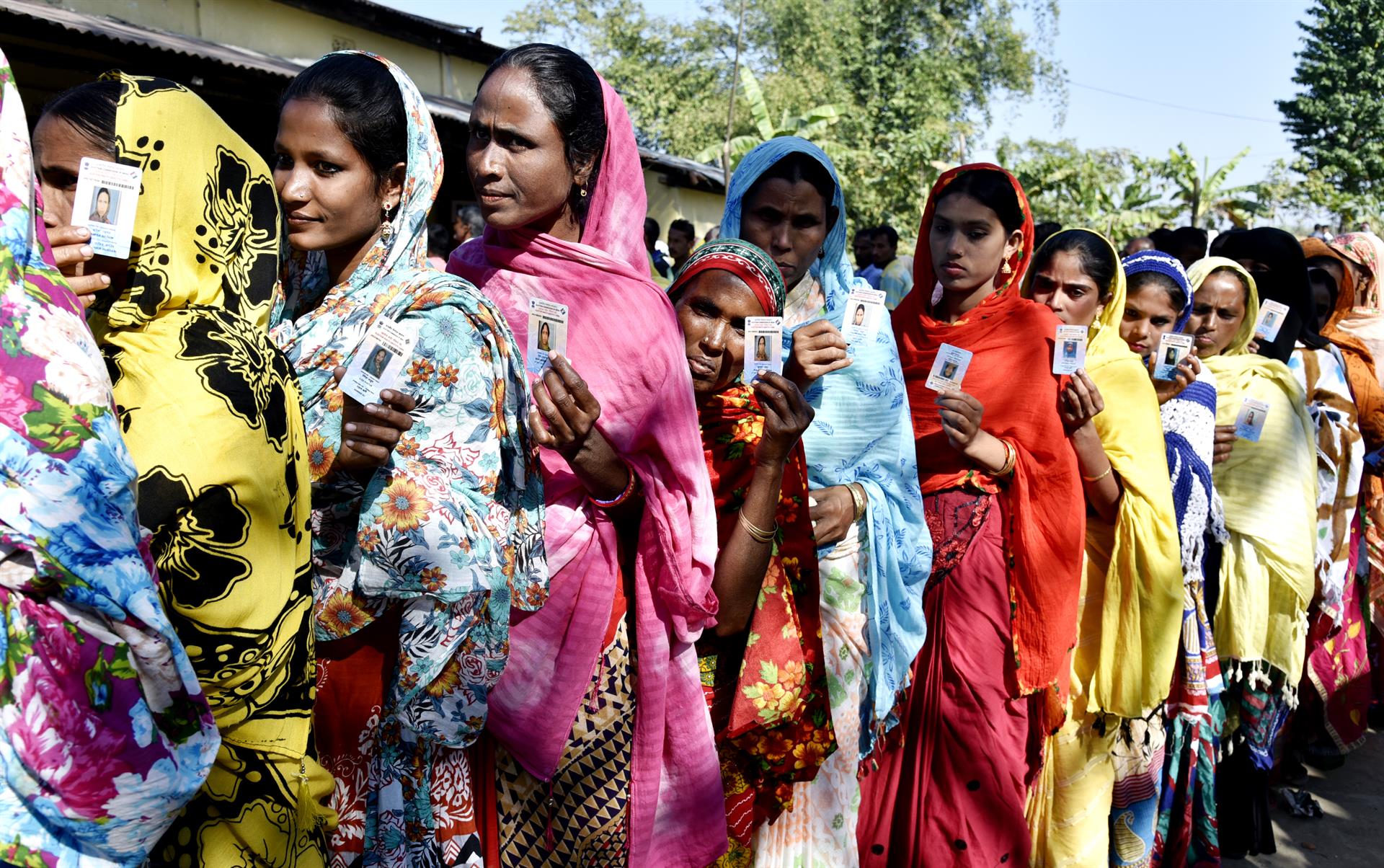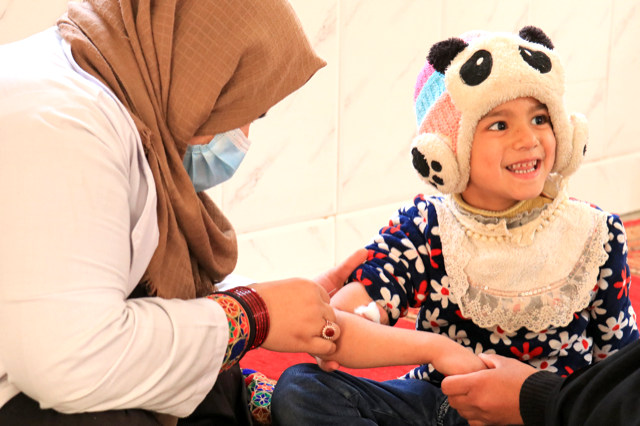The P4H Network created a political economy framework to help P4H country focal persons (P4H-CFPs) advance social health protection (SHP) and health financing (HF) reforms. Piloted in Cambodia and Cameroon in 2023, it aids P4H-CFPs in understanding national political...




